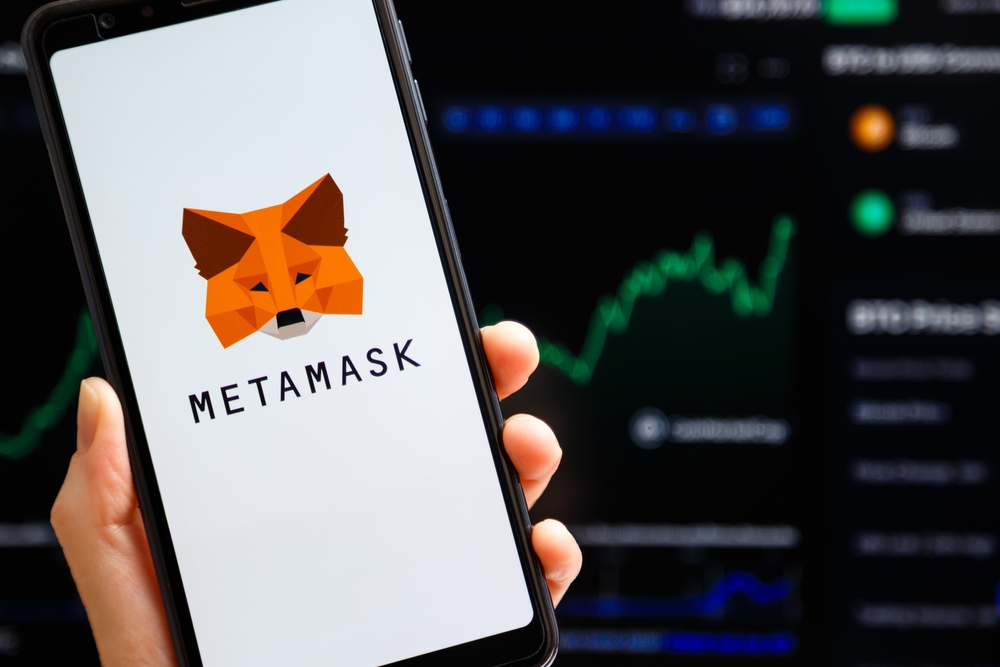How to Earn Passively With Masternodes – A Comprehensive Guide

Crypto users who run masternodes play a key role in the operations of blockchain networks. Their contribution is never free. Instead, they earn rewards. However, to become a masternode operator, you need technical skills and a relatively huge initial investment.
This article discusses everything you need to know about masternodes and how to generate passive income by running them.
Understanding Masternodes
While an ordinary node in a network is mainly responsible for validating transactions, a masternode, on the other hand, conducts extra responsibilities like participating in blockchain’s governance decisions and facilitating fast transactions.
Requirements to Run a Masternode
Crypto users are required to stake a significant amount of a network’s native token to host masternodes. For example, if you want to operate a masternode on the Dash network, you must stake at least 1,000 Dash tokens.
Try GPT Definity AI today, the #1 crypto trading robot! Click here to learn more. Artificial intelligence trading robots are taking over the trading eco-system, you can join this revolution and profit from daily revenues! Get ahead of the trading game with Artificial Intelligence crypto trading software today!
After that, the next step involves configuring a dedicated computer in the blockchain and synchronizing it with the network’s ledger. The computer must meet the blockchain’s requirements for storage, processing power, and memory.
Upon configuring the masternode software, you need to use your token stake’s transaction ID as well as the output index to activate your masternode. After that, you can monitor the performance of your masternode and ensure it’s always synchronized with the network.
Types of Rewards for Masternode Operators
As mentioned earlier, blockchain users receive rewards in exchange for running a masternode. Here are the rewards you can expect to receive as a Masternode operator.
Block Rewards
Operators of masternodes get a certain percentage of generated block rewards on a blockchain. Miners are the other individuals that receive these rewards.
Transaction Fees
A masternode processes and validates transactions in exchange for a portion of the collected fees paid by users. Transaction validation is a key process as it helps to keep blockchains secure and efficient.
Service Fees
Masternodes are tasked with delivering extra services like advanced privacy features and instant transactions to users willing to pay additional fees. Part of these fees goes to the wallets of masternode operators.
Governance Participation
As mentioned earlier, parties that run masternodes are allowed to participate in the governance of blockchains. In some instances, networks may offer rewards to masternode operators for raising and voting on proposals that fuel development.
Staking Rewards
By staking a native token of a particular network, masternode operators earn yield like other stakers on the blockchain. Energi is one of the networks that provide high staking rewards to operators of masternodes.
Operating Multiple Masternodes
If you have enough financial muscles, you can set up and operate masternodes on various blockchains to multiply your passive income. Moreover, blockchains like Horizen allow users to run several masternodes within the network.
Benefits of Running Masternodes
1. While the initial investment might be out of reach for many crypto users, rewards generated from running masternodes are considerably high.
2. Operating a masternode isn’t limited to people in certain regions. Instead, it is accessible to crypto users across the world.
Risks of Running Masternodes
Market Volatility
As we all know, the crypto market is extremely volatile, meaning your staked tokens as a masternode operator can drop in value within minutes, causing significant financial losses.
Network Security
While masternodes play a crucial role in enhancing the security of networks, they’re vulnerable to cyberattacks like DDOs (Distributed Denial-or-Service) attacks.
Technical Risks
As stated, masternode operations require technical knowledge. Therefore, misconfiguration can lead to downtime, thus affecting your rewards.
Operational Costs
You will incur some costs, such as electricity bills, to run a masternode. If your earnings fail to cover these expenses, you’ll suffer losses.
Lock-Up Period
When you stake tokens to become a masternode operator, your stake is considered collateral and is locked up for a specific period. During this time, you cannot liquidate your tokens even when their prices drop.
Competition
If a network has numerous masternode operators, then the rewards to be distributed are likely to decline due to stiff competition. Reduced rewards can pose a massive risk to your profitability.
Disclaimer: Mining Plus Crypto specializes in amplifying content for dozens of cryptocurrency and blockchain firms, and your company could be next on the list! For inquiries, please reach out to us through or Telegram Chat. Given the unpredictable nature of cryptocurrencies, we advise you to thoroughly research before investing. A portion of the content available on our website, including broker reviews, is paid content or content contributed by guest writers and does not necessarily represent the opinions of Mining Plus Crypto. We claim no liability for the accuracy, quality, and content of advertisements, products, or any other materials, including ad spaces displayed on our site. For a comprehensive understanding, please review our full terms and conditions, and disclaimer.






